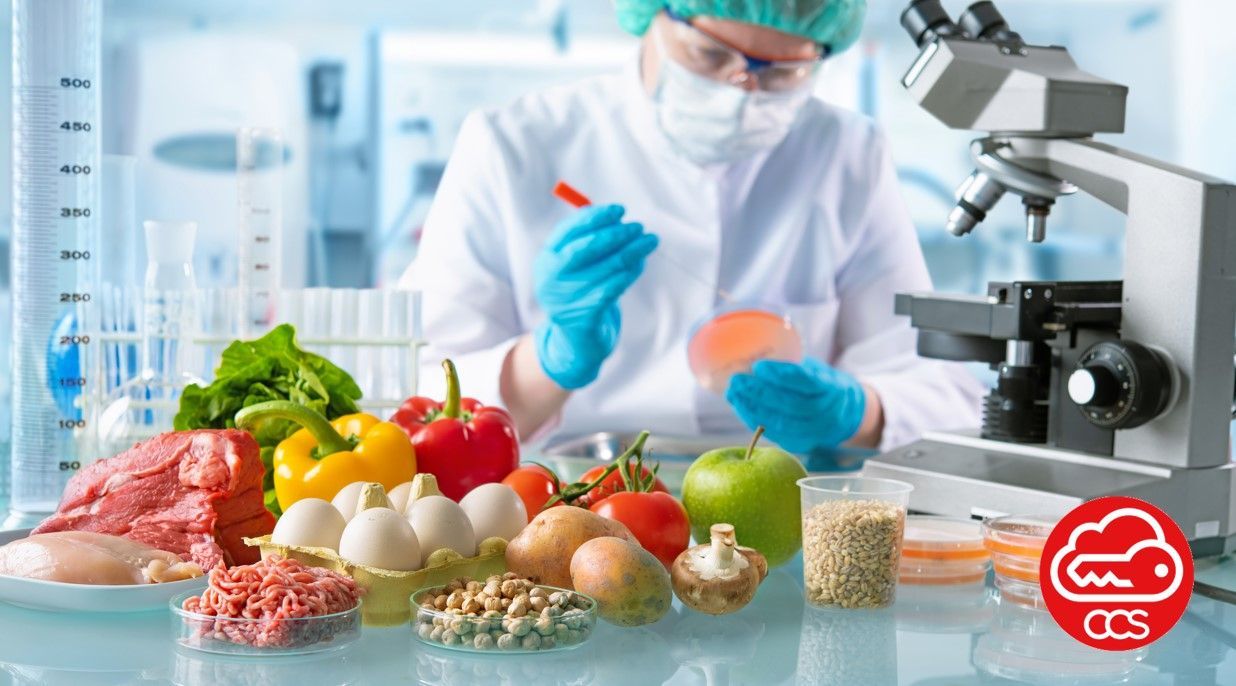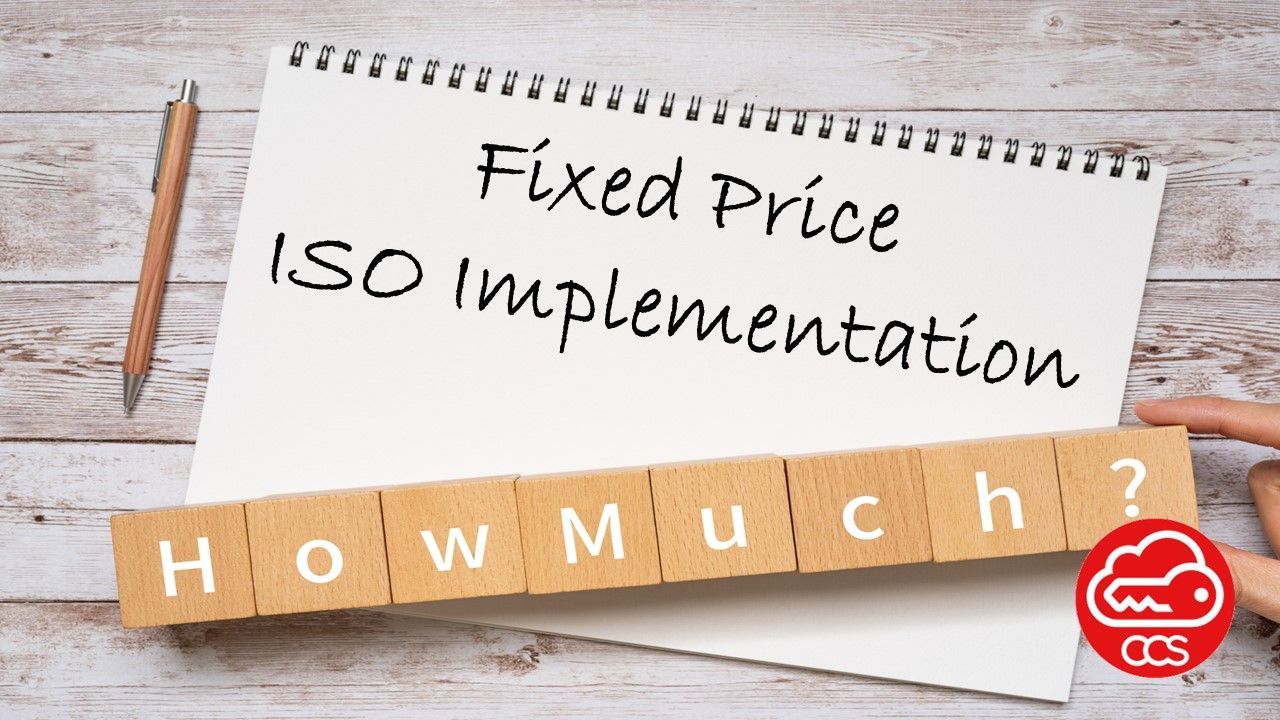ISO 22000 Food Safety Management
ISO 22000 is an international standard that outlines requirements for a Food Safety Management System (FSMS). It has a systematic approach to identifying and controlling food safety hazards and specifies the requirements for an organisation in the food industry to ensure food safety throughout the entire food supply chain, from farm to table.




